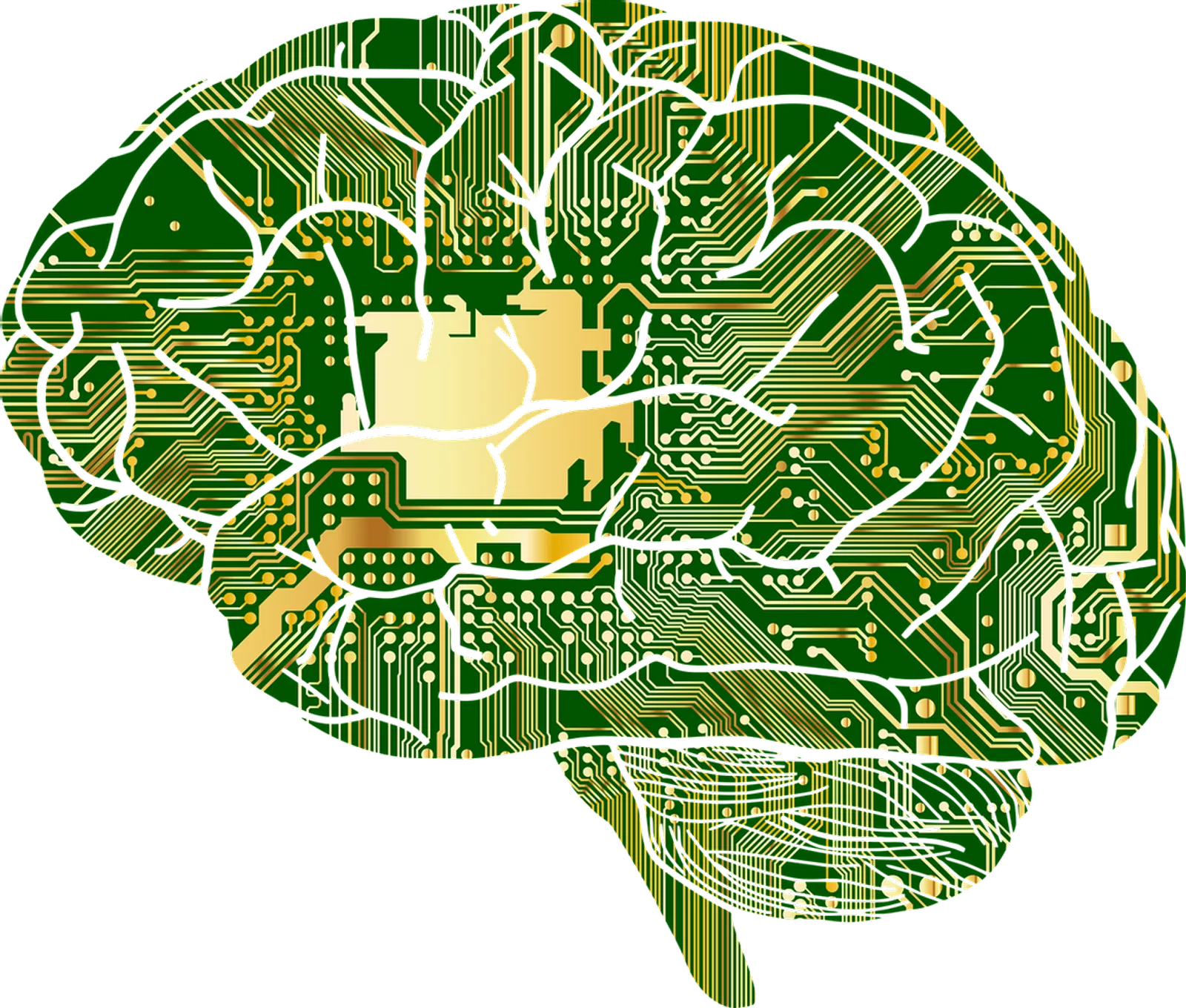What Happens When the Robots Come for Our Jobs?
So what does this mean for our jobs? Millions of our jobs are imminently in danger of being replaced by AI. In the trucking, food service, retail, manufacturing, and administrative/clerical industries, the technology exists right now to replace the majority of existing jobs. And these five job sectors make up half of all jobs in America.
Routine tasks are ripe for automation. After all, this has already happened with factories replacing individual artisans. Routine cognitive tasks lend themselves to automation as well. Programmers can write code to perform data entry or formatting or conduct “find and replace” tasks. However, we may think that those professions that require analytical skills or creativity will always be safely in the domain of human labor. These will take longer to succumb to AI, but there have already been surprising advances. Computers can read radiology films better than a radiologist can. AI has even created sophisticated drawings and symphonies.
If this convinces you that the robots are out to take all our jobs, and soon, then panic may set in. How will we all provide for our basic needs if there simply are not enough jobs to go around? This concerns many in the tech industry and public policy. A growing number of vanguards promote the idea of a universal basic income (UBI) to help provide sustenance to the population as jobs become scarcer and scarcer.
We will have to reinvent our economy when the old model simply doesn’t work anymore. UBI is the concept of the government providing a basic living stipend to all of its citizens with no qualification criteria whatsoever. It is not a disability, welfare, or unemployment program. Rich and poor, able-bodied and disabled alike receive the same stipend. With a basic living stipend, people can still participate in commerce and society, and they can still provide for their basic needs. As jobs disappear, we still have to find a way to function as a society, prevent mass poverty, starvation, desperation, and suicide.
Income is the first piece of the puzzle. Although jobs are poised to disappear and fast, it won’t happen all at once. At first a UBI would be a supplement. If someone gets laid off and the only other work he can find is fast food, the UBI will help make up the difference in pay. Or maybe having that stipend will enable him to retrain for a new job or more easily relocate for work. But still there is the problem of what people will do with themselves without jobs.
Work provides meaning in people’s lives. It gives them status, a place in society, and a community to belong to. Those who do not work, including people on unemployment and disability benefits, often suffer from depression and lack a sense of purpose or motivation or self-worth. How will we create meaning in our lives without work? This is a complicated question that will take some creativity, thoughtfulness, and trial and error to tackle. Robert Reich, in his book Saving Capitalism, argues that freeing people from the necessity of work will not turn them into lazy leeches, but instead allow them to pursue the things they always wish they had time to do like create art or music or volunteer.
Andrew Yang, in his book The War on Normal People, looks to the example of time banks that exist in select communities across America as a model for how people can move past work for pay. A time bank allows people to ask for or volunteer help using time as a currency instead of money. If someone needs help with home repairs or yard work, she can submit a request to the time bank and someone willing and able can respond to her request. She in turn can contribute by cooking meals for the elderly or walking someone’s dog.
Surely there will not be an easy fix for the problems that lie ahead. I applaud those who have the courage and vision to propose ideas and first steps. This reality is around the corner, and we must act now to begin to transition our society so that it does not crumble into destitution and anarchy. We must have the courage to imagine a new world order and to put it into action.

